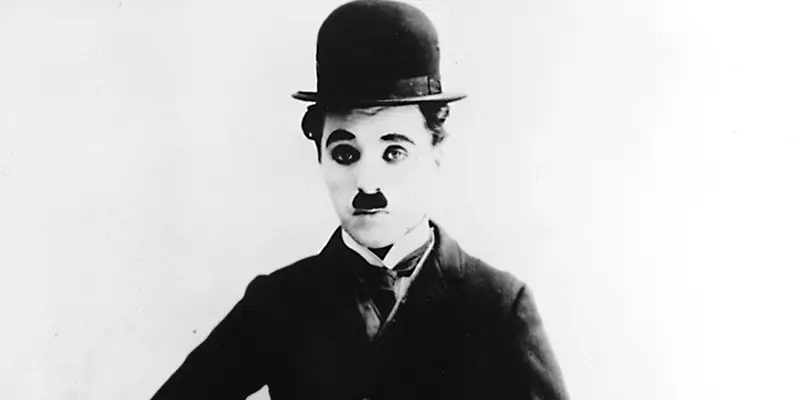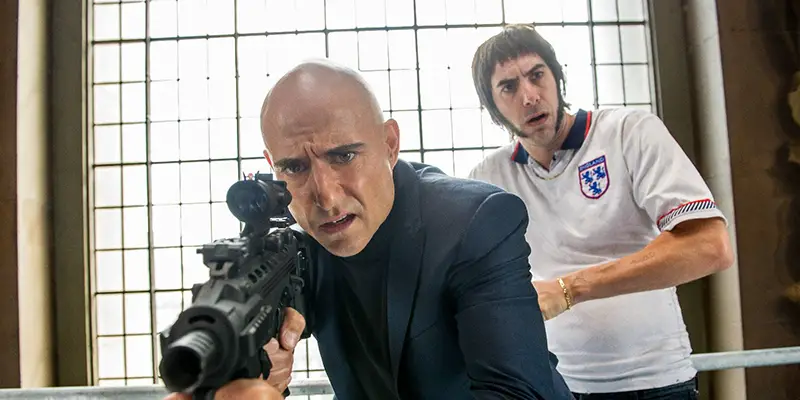comedy
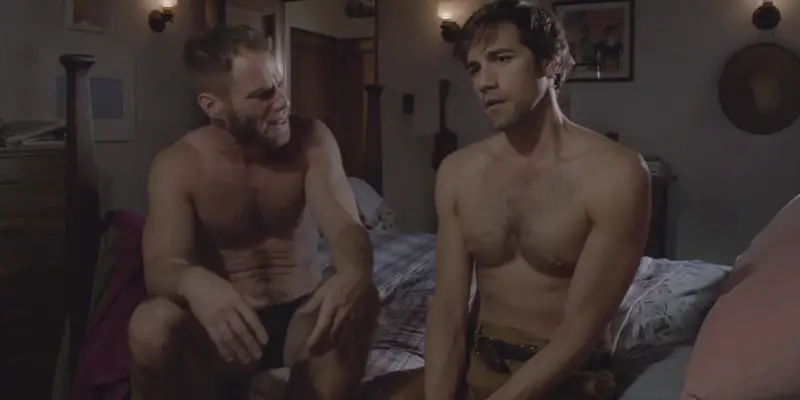
For a horror sub-genre that is frequently criticised for misogynist overtones, it is surprising how many gothic filmmakers haven’t combined the LGBT themes inherent in horror with the rampant violence of slasher film more frequently before. You’re Killing Me is a horror-comedy that puts the emphasis on the comedic elements, its many detours into slasher film never feeling either shocking or as amusing as the film around them. But it is unique for a film in this sub-genre to remove any subtext about societal fears among gay people in contemporary society and just make a straightforward horror-comedy with no deeper thematic resonance.

I’m going to be honest and admit that 15 minutes into this film I didn’t want to watch any more. Which is strange, because usually I’m a glutton for punishment when it comes to films I don’t necessarily enjoy. I’ll quite happily sit through to the end, hoping for a change in direction or a ‘bigger picture’ reveal.
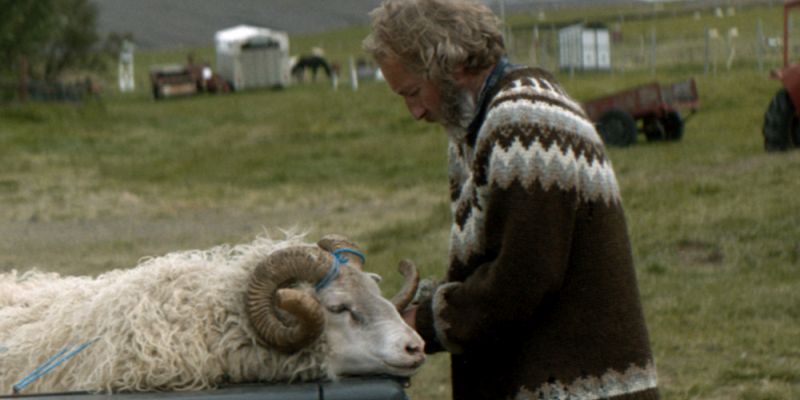
Iceland is slowly becoming one of the planet’s leading cinematic nations, with many directors realising that the country’s desolate landscape is the perfect fit for sci-fi. Christopher Nolan and Ridley Scott have both shot there recently, whereas the upcoming Rogue One: A Star Wars Story was filming there last autumn.
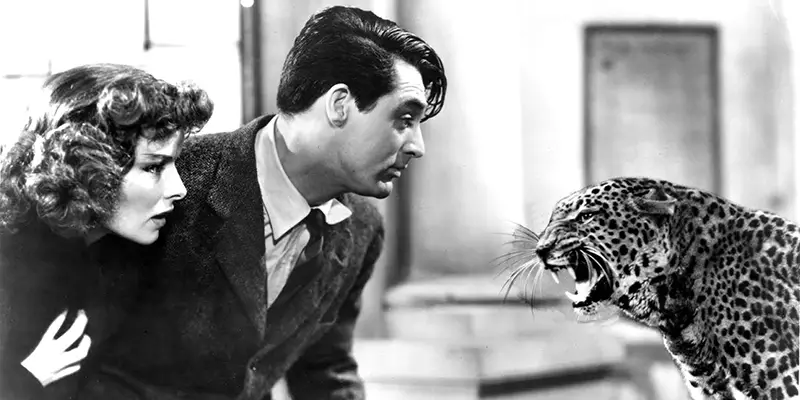
Screwball comedy is a predominantly American film genre popularised during the Great Depression. The golden era of screwball comedy was the 1930s and early 1940s, with hundreds of films being produced and the genre fast becoming one of Hollywood’s most popular. However, from the mid 1940s, evolving circumstances saw it becoming increasingly obsolete, with true screwball comedies beyond the 1960s being few and far between.
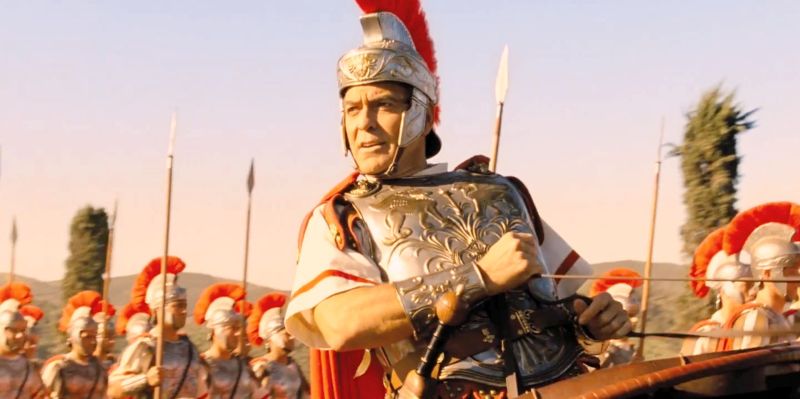
The Coen Brothers have managed to put their own twist on noir, the buddy comedy, crime drama, romantic comedies, westerns, and spy films. They are clearly film historians, so they want to show their love of movies by tackling classic genre films that cannot be sold to modern audiences. How did they manage to do this?

I love the TV show Dad’s Army. Originally aired between 1968 and 1977, it is a show that remains hugely popular to this day, and I can watch it every Saturday night on BBC Two and listen to the radio version every Monday morning on BBC Radio 4 Extra. Like all incredible BBC comedies, it makes up a part of the British psyche and its characters and catchphrases are legendary.
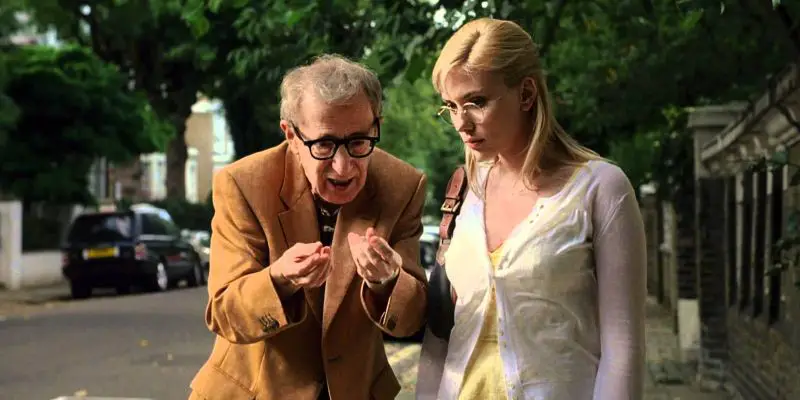
Should you feel like bringing up Woody Allen in conversation there is a good chance you will either be met with a proclamation of love or a snort of disdain. The Brooklyn-born filmmaker, now in his eighth decade, is divisive for a whole range of reasons (not all of which are related to his films), but he has a solid fan-base that has allowed him to become one of the most consistently working directors around. Averaging out at one film per year, Allen has an extensive back catalogue that is often overlooked.

The independent film movement of the 1990’s allowed for a range of young, hungry filmmakers to move to a forefront which many directors nary got a chance to experience in the past. Yearning for voices which were “out of the box” in story, dialogue and acting, these indie flicks began to span beyond just arthouse cinema. Creatives didn’t always have to rely on big studio backing to get their projects off the ground.

Deadpool is a comic book character with an interesting history. Premiering in the early 1990s, he was originally created as a parody of comics in general, with both the DC character Deathstroke and Marvel’s Spider-Man influencing his name and appearance (Wade Wilson is Deadpool’s real name, while Slade Wilson is the civilian name of Deathstroke). Over the years, though, the character has gained an unusually strong following, even for those that are not typical comic book fans.
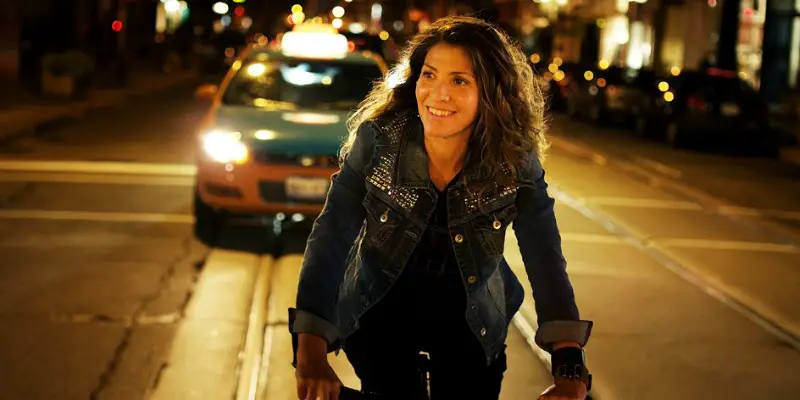
People like to tout the virtues of ‘unique’ and ‘misunderstood’ independent cinema, but sometimes a film is independent simply because it wasn’t good enough to obtain funding. The problem then is that curious people like me are unwittingly drawn to pretty bad, unknown, independently made films. Well, I’m delighted to say that while Portrait Of A Serial Monogamist is not going to rock your world, it’s better and I would say surprisingly sweeter than the average unknown indie.
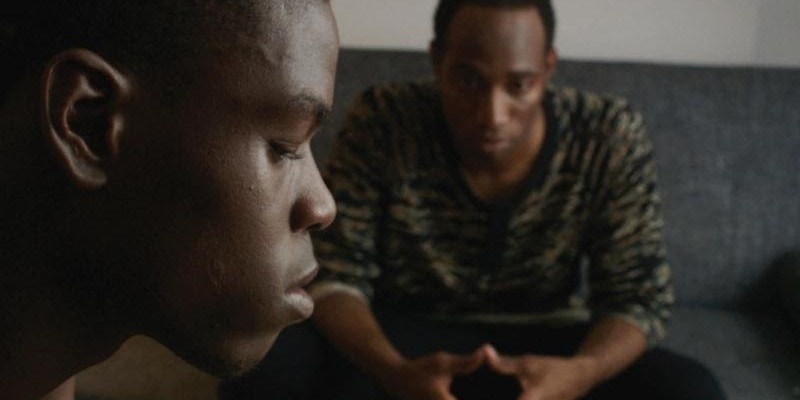
Naz and Maalik are not your average lead characters. They are gay, Muslim teenagers living a relatively quiet life in Brooklyn. When they aren’t selling lotto tickets and other cheap items on the street for cash, they are discussing college, their religious beliefs, and their relationship, which they largely avoid defining.

Even though he has recently made a switch from being a controversially quirky indie darling to a critically adored awards favourite, David O. Russell’s storytelling obsessions have always been the same. He has always been drawn to stories about dysfunctional families and the things that either drive them apart, or bind them closer together, varying from extreme to extreme.

After bugging my colleagues with discussion on Woody Allen films maybe one time too many, it was suggested that I write his Beginner’s Guide. Surprisingly, the thought hadn’t occurred to me, but I’m very excited to present my guide for you here now. I’ve gone a slightly different approach than usual because of the sheer amount of films the man has made in his still-continuing career, so it’s broken up into segments rather than a few films you should watch to get you started.


